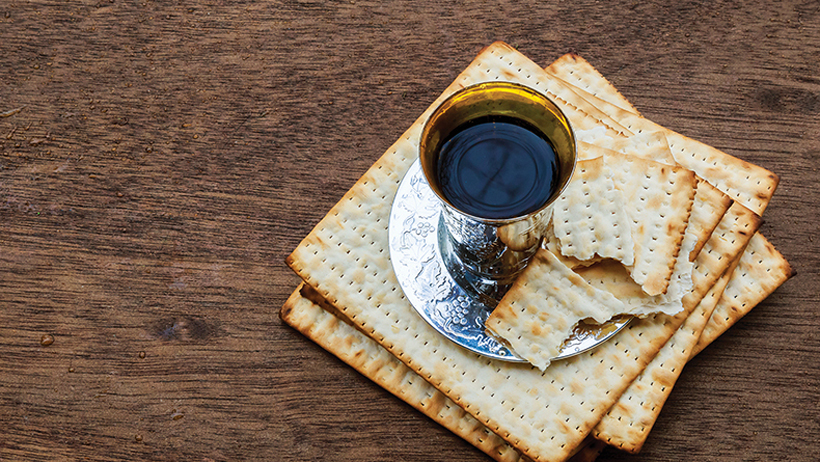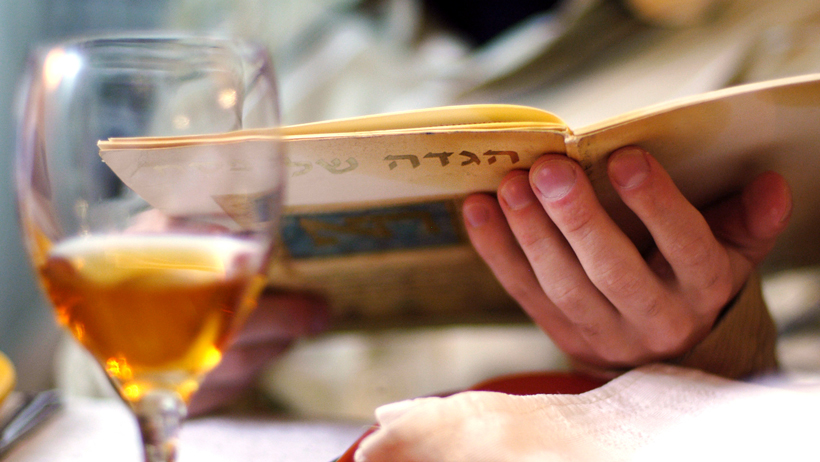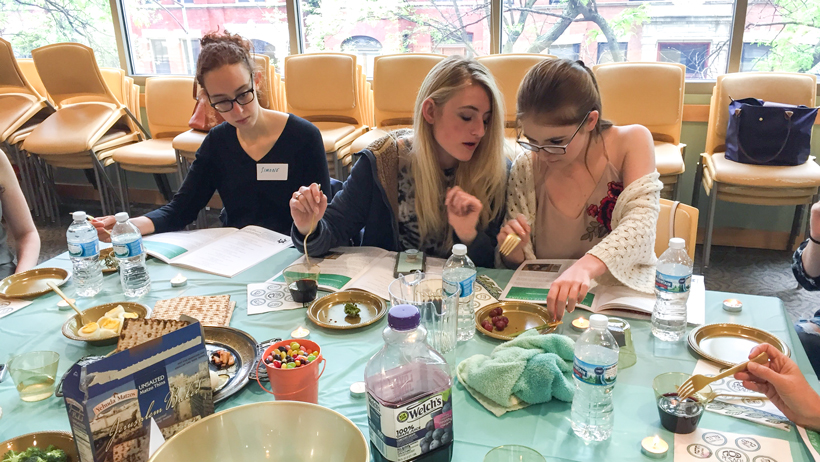Every Passover, we're commanded to tell the story not just of our ancestors -- but of our own liberation from bondage.
These days, as Jews in America, we are free from physical oppression, thank God. Yet, in this season of Passover, what do we wish to free ourselves from spiritually? What -- far from Mizrayim, or Egypt -- still shackles us? I mulled this over for a while, and then enlisted some friends, via social media, to weigh in on the topic too. My informal survey results, outlined below, produced four popular themes -- fittingly one for each glass of wine consumed at our Seder.
1. We wish to be free from excessive worry, fear, and regret.
Many of us wish to free ourselves from worrying about things beyond our control, and not try to predict the outcome of any given situation long before it happens. Maybe it's in our bones as Jews -- we can't help but worry considering our long collective history of tsuris (trouble).
Of course, anxiety can work to our advantage because caring about something has a measure of worrying baked right in. In fact, we wouldn't be good parents, good Jews, or good people if we didn't care enough to worry. Yet, it's the degree of anxiety that I'm getting at here.
There's this Jewish saying that "People plan, and God laughs" -- meaning fate is going to take its course, and we might as well get a couple more hours of shut-eye, rather than ruminating over it. Besides, so often the thing we spend time worrying about isn't even the thing we should have been worried about in the first place.
2. We wish to be free from jealousy.
While envy is an unavoidable human emotion, let's try to check our jealousy as much as possible, for it's a toxic and pointless emotional exercise. Sure, there's always someone out there whose life looks perfect on social media. But come on, you know better by now than to believe everything you see on social media.
Back in the 17th century, long before the days of Instagram and Facebook envy, Glückel of Hameln wrote a Jewish folktale. In it, she told the story about a man named Joseph, who gripes to Sara about how unlucky he is with his lot in life -- he wishes he could be anyone else. In spotting a mansion, for instance, he tells Sara that he longs to be the rich person who lives inside.
"The man who lives in there is very rich," she tells him, "but he is also very lonely...he eats from a golden plate and he drinks from a crystal glass, but he eats and drinks alone. Do you want to be him?" Not really, Joseph admits.
As my mom always says, "We each have our own little pack of big troubles" -- so we might as well keep our own.
3. We wish to be free from screens.
A few times, I've observed the full 25 hours of Shabbat, sans electronics. I welcomed the break from the constant stream of information, rants, and "likes" that litter our electronic walls. It'd be nice to untether ourselves from our screens long enough to connect with something else -- with nature, with our imagination, with God, with the people we love, or with all the other joys of life that can't be experienced in 280 characters or less.
4. We wish to be free from hate and violence.
Of course, all other wishes pale in comparison to this one. I surveyed my friends two days after a gunman massacred 17 people at a Florida high school. That same week, a police commander was gunned down right here in downtown Chicago. Sadly, that week of violence was no outlier; it has become our new normal.
Our collective wish, as decent human beings, is to be free from hate and incessant violence. But, we can't control other people's free will to commit evil; we can only control how we respond to events, and how we treat one another.
Wishing you and your family a happy, healthy, peaceful, and liberating Passover!










.jpg)



